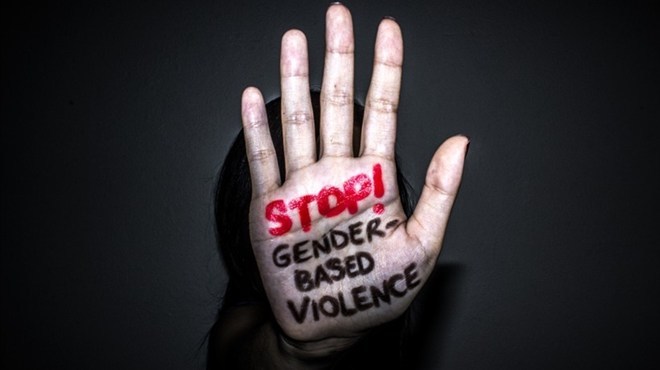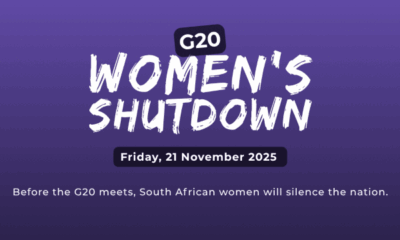News
Why Fixing Wounded Masculinity Is the Key to Ending GBV in South Africa

South Africa is a country that knows pain too well, and few issues cut deeper than gender-based violence. It is a crisis that plays out in homes, workplaces, and streets. It surfaces in viral videos, frantic WhatsApp voice notes, and heartbreaking headlines. This week, the national conversation turned again, and this time the spotlight fell directly on men.
During a recent address, President Cyril Ramaphosa made his intention clear. He plans to declare gender-based violence and femicide a national crisis. For many South Africans, this announcement felt overdue. For others, it raised a more difficult question. What will change unless we confront the men responsible for this violence in the first place?
One of the people urging the country to answer that question honestly is Craig Wilkinson. He is the author of Force for Good and a long-standing advocate for healthy masculinity. His message is simple but challenging. Violence will not end until South Africa heals what he calls wounded masculinity.
The real problem is not masculinity; it is broken masculinity
Wilkinson explains that masculinity itself is not the enemy. It is the distortion of it. Hurt men, he says, hurt others. When masculinity becomes damaged, delayed, or twisted, it spills into society as violence, domination, and fear rather than protection or support.
He believes authentic masculinity should be a source of comfort rather than harm. A space that provides safety, dignity, and honour. A presence that lifts rather than destroys. In a country where so many boys grow up without strong male guidance, he argues that rebuilding masculinity is essential if we want to rebuild communities.
Young men, older men, and fathers all play a part. Calling out the best in men, he says, helps counter the unhealthy patterns passed down through generations. It turns masculinity from a threat into a gift.
Men cannot afford silence any longer
As thousands prepare to take part in the G20 Women’s Shutdown against GBV, Wilkinson is asking men to take responsibility rather than stand on the sidelines. Silence, he says, is its own form of permission. If men are the primary perpetrators of violent and sexual crime, then they must become the primary drivers in stopping it.
In practical terms, this means fathers raising boys with emotional strength rather than fear. It means mentors who teach respect rather than entitlement. It means men holding other men accountable in private and in public.
The call is not to overpower women but to stand beside them. The aim is to create a society where women feel safe to walk, work, and live without fear. Wilkinson is urging men to become true allies, partners, and protectors in the fight against gender-based violence.
A country at a turning point
South Africa has reached a moment where moral clarity is needed. Ramaphosa’s commitment to classify GBV as a national crisis signals that the issue is no longer just a campaign theme. It is part of the country’s survival story.
Ending violence requires better policing, stronger laws, and coordinated systems. But as experts like Wilkinson point out, none of it will work without cultural change. Ending GBV means ending the cycle that shapes broken boys into destructive men.
And that is work South Africa must do together.
Also read: South Africa’s GBVF Crisis: Why Ramaphosa’s Declaration Still Feels Too Slow
Follow Joburg ETC on Facebook, Twitter, TikT
For more News in Johannesburg, visit joburgetc.com
Source: ECR
Featured Image: Boland College



























